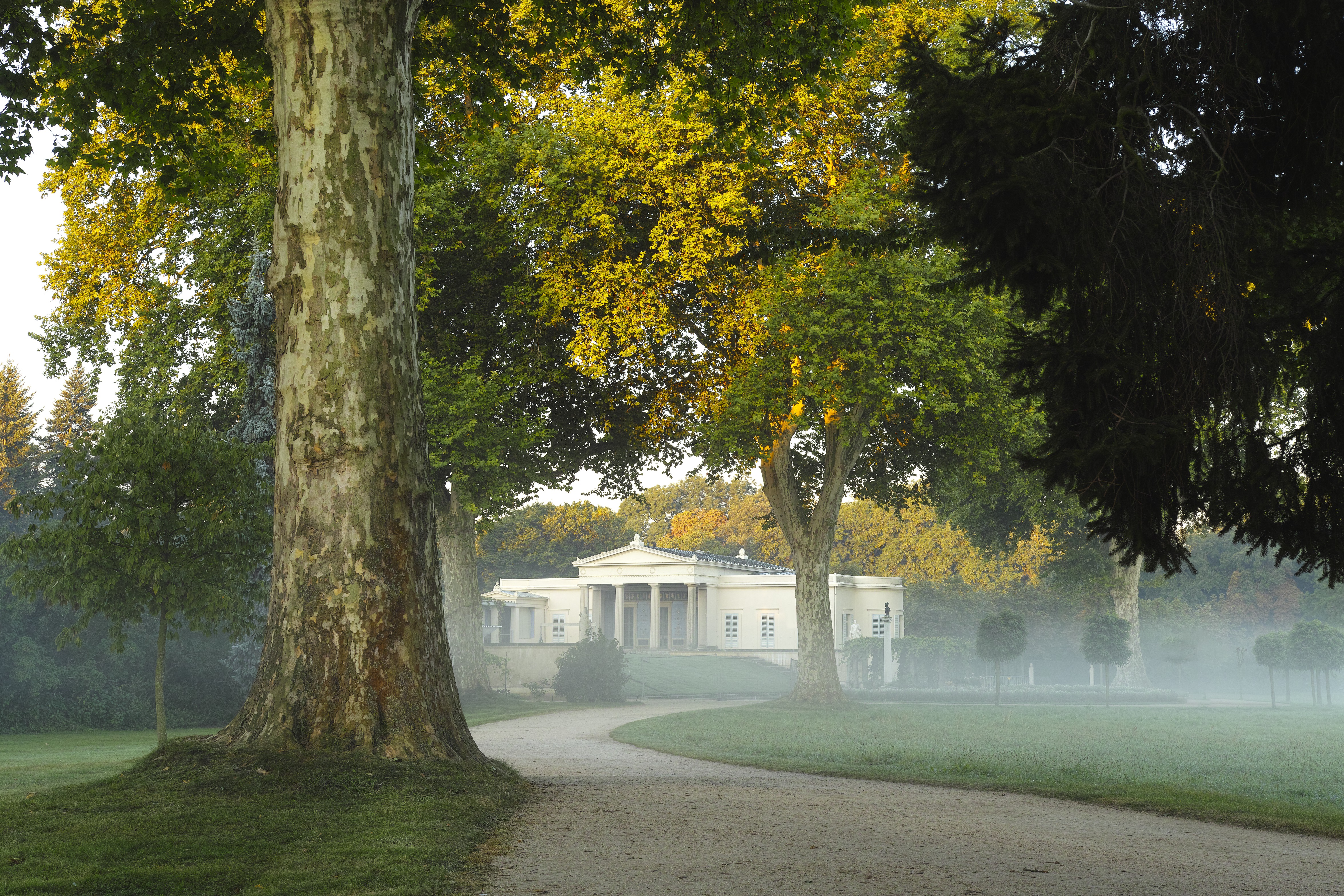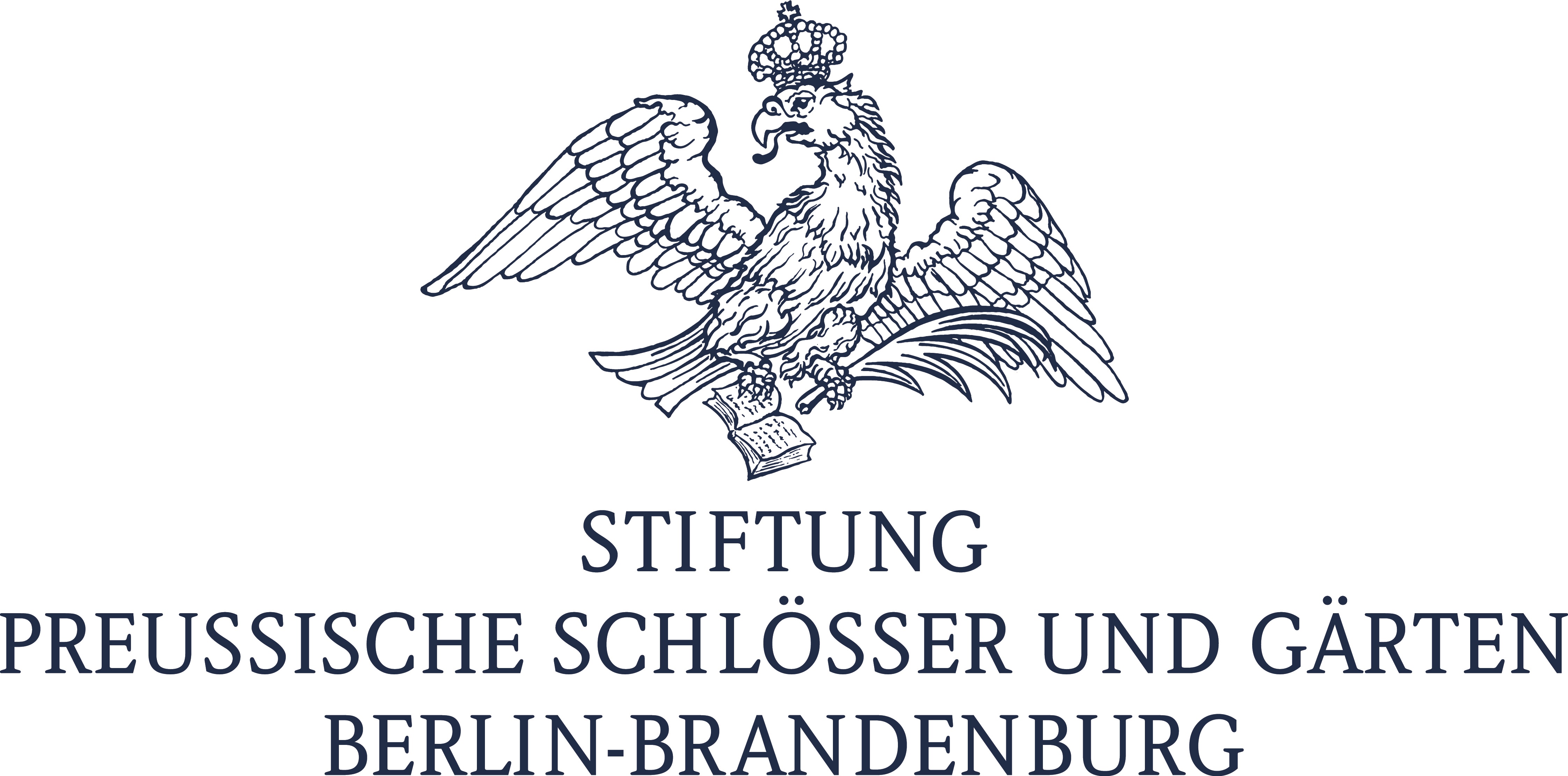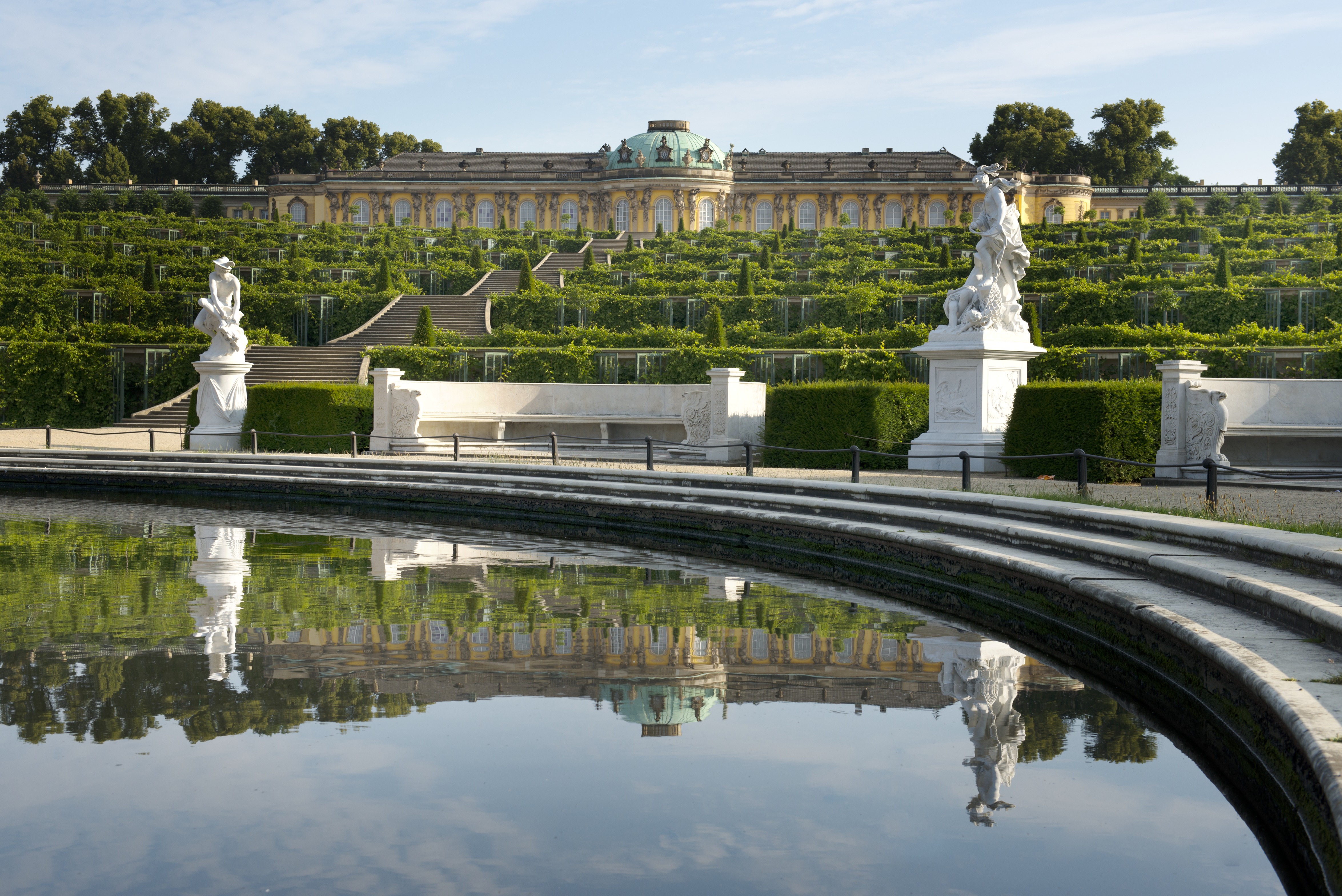Motivation
Extreme weather events such as longer-lasting heat waves coupled with extreme drought, hurricane-like storms, torrential rain, increasing temperature fluctuations and sea level rise are likely to occur much more frequently in Germany and have an impact on our cultural heritage. Cultural assets in essence, shape our concepts of home and identity. Therefore, they require special protection in order to preserve them for future generations. KERES focuses on the protection of historical buildings and monuments as well as the historical gardens and cultural landscapes designed by humans with their unique collections of useful and ornamental plants.
Project description
Over a period of three years, the future regional relevance of extreme weather events, expected damage to buildings and outdoor facilities, and measures to prevent and manage acute damage situations will be investigated. These findings will be bundled on a knowledge platform that will support cultural heritage institutions in both prevention and emergency management. Central to this is the structuring, linking and visual processing of data in order to enable risk assessment and prioritization of rescue measures and to facilitate decision-making processes. The mobile app will support the coordination of rescue measures and the involvement of volunteers.
The basis for the success of the project is the interdisciplinary cooperation in the project team. The consortium consists of natural scientists, conservators, climate scientists, building physicists, landscape architects, computer scientists, social scientists and economists, among others. In addition, key players in emergency management such as fire and disaster control, German cultural heritage institutions and an international panel of experts will be involved.
Focal points of the overall project
- Preparation of detailed climate forecasts for different regions of Germany
- Analysis of the criticality of protected cultural assets
- Analysis of preventive and emergency management measures for the protection of cultural heritage
- Establishment of a semantic knowledge platform for cross-linking knowledge and as an early warning and emergency management system
Project tasks
The Innovation Acceptance Unit of the Fraunhofer IMW leads the team focusing on the integration of stakeholders from case studies and from the expert panel. The aim is to consider the different experiences and perspectives of future users in the development phase, to integrate them in the knowledge platform and thus to achieve a high degree of practicability. In addition, the Innovation Acceptance Unit will take on the development of a suitable implementation model that ensures the sustainable operation and regular updating of the developed knowledge platform and, at the same time, its availability to support as many cultural heritage institutions as possible after the end of the project.
Project duration
1.12.2020 - 30.11.2023
Project partners
Fraunhofer Institute for Silicate Research ISC
Fraunhofer Institute for Building Physics IBP
Fraunhofer Institute for Optronics, System Technologies and Image Exploitation IOSB
Helmholtz-Zentrum Geesthacht, Centre for Materials and Coastal Research, Climate Service Center Germany (HZG-GERICS)
Prussian Palaces and Gardens Foundation Berlin-Brandenburg (SPSG)



![BMBF_CMYK_Gef_M [Konvertiert]](/en/research/technology-transfer/innovation-acceptance/projects/keres/jcr:content/contentPar/sectioncomponent/sectionParsys/imagerow_1483627332_/imageComponent1/image.img.jpg/1630141766588/BMBF-gefoerdert-vom-englisch.jpg)
